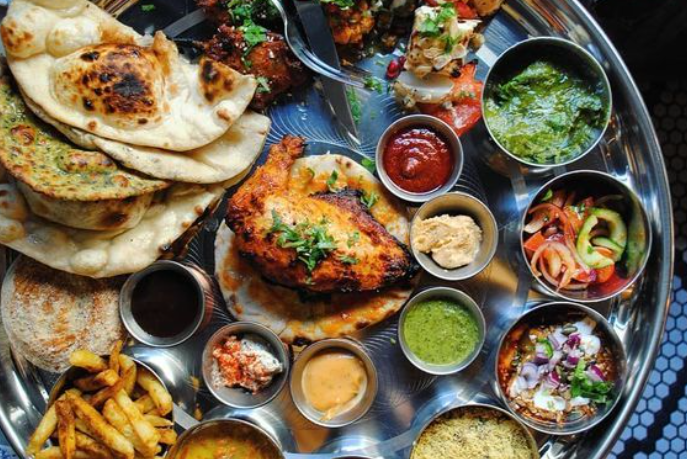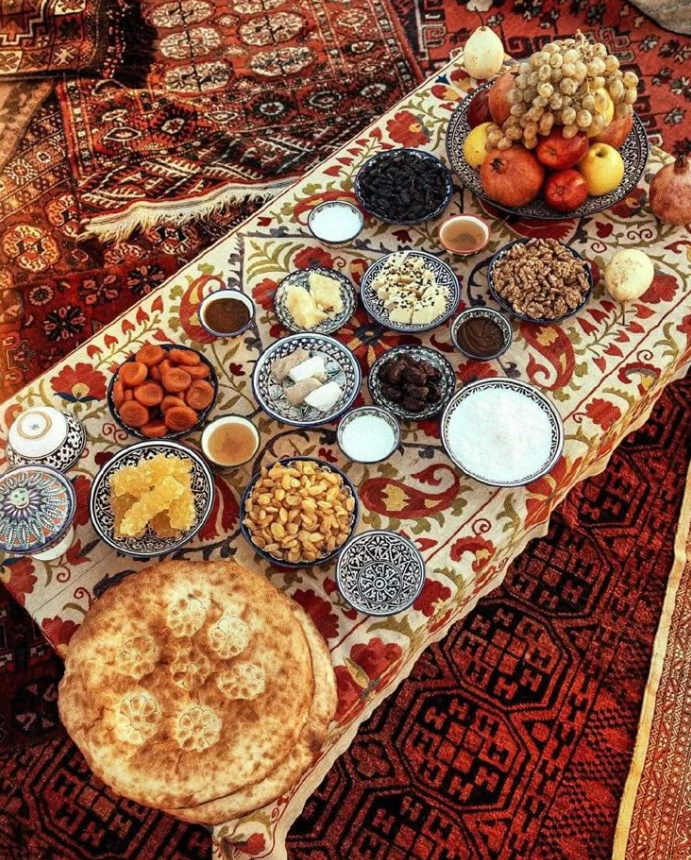The Importance of Family Dinners in Balkan Culture
Family dinners in the Balkans are far more than mere meals-they are rich rituals deeply woven into the social fabric of the region. In today’s fast-paced world, the traditions of Balkan culture remain vibrant, keeping alive the central idea of gathering at the table. This article explores why family dinners hold such significance for Balkan people, highlights the customs and dishes that make them unique, and examines how this cultural phenomenon strengthens social bonds and preserves heritage.
Family Dinner as the Heart of Social Life
When you think of Balkan culture, images of long, convivial meals immediately come to mind. A family dinner serves multiple vital purposes:
- Social Connection
Multiple generations gather around the table: grandparents share stories of days gone by, parents discuss their daily challenges, and children learn respect and listening skills. - Cultural Transmission
Traditional dishes, passed down through generations, introduce children to authentic flavors and nurture national pride. - Emotional Support
Sharing a meal fosters emotional closeness, providing comfort, stability, and a sense of belonging.
The Rituals and Stages of a Balkan Family Dinner
H3: Preparation and Invitation
- Cooking Together
Preparations often begin early in the morning. Meat is marinated, vegetables are pickled, and dough for burek is kneaded by hand. The house fills with the mixed aromas of roasting meat and baking pastry, while family members chat and exchange cooking tips. - Calling Everyone to the Table
Unlike loud doorbells or shouted invitations, Balkan families use gentle calls, a soft chime, or even fragrant incense to summon loved ones to dine.
Seating Order and Formalities
- Elders First
Respect is shown by seating grandparents and older relatives before anyone else. - Guests Welcome
Friends and neighbors are invited after family members, reflecting the region’s famed hospitality. - Blessing or Toast
A brief prayer of thanks or a heartfelt toast often precedes the first course-wishing health, peace, and abundance.
Table Setting and Presentation
- Tablecloth: Typically white, hand-embroidered or lace-trimmed, symbolizing purity and warmth.
- Dinnerware: Ceramic plates with simple motifs, heavy wooden spoons, and earthenware pitchers brimming with homemade wine or rakija.
Signature Dishes of the Balkan Family Table
In Balkans culture, certain dishes are non-negotiable. Each brings a taste of history and local terroir.
Hearty Meat Specialties
- Sarma
Cabbage rolls stuffed with minced meat and rice, simmered slowly until tender. - Ćevapi
Small grilled sausages made from a blend of lamb and beef, served with chopped onions and flatbread (somun). - Pečenje
Spit-roasted whole lamb or pig, featured at weddings and big celebrations.
Vegetable Accompaniments
- Ajvar
A vibrant red relish of roasted peppers and eggplant, both spicy and sweet. - Blitva
Swiss chard sautéed with potatoes and garlic-a staple side dish. - Bulgarini
Crunchy, fermented cucumbers and tomatoes pickled in wooden barrels for winter.
Breads and Desserts
- Burek
Flaky pastries layered with meat, cheese, or spinach filling. - Pita
Similar to burek but with sweet or savory alternatives like pumpkin, potato, or cherry. - Baklava
Rich, syrupy layers of filo pastry, chopped nuts, and honey-an Ottoman legacy.
Family Dinners as a Bridge Between Generations
Modern studies of Balkan culture emphasize family dinners as essential for:
- Passing on Language and Folklore
Elders share folk tales, traditional songs, and humorous anecdotes at the table, preserving oral history. - Hands-On Learning
Children pitch in-washing vegetables, setting the table, or kneading dough-mastering culinary skills and family recipes. - Mental Well-Being
Gathering together reduces stress and fosters a sense of security and unity.
Urban Life, Globalization, and Tradition
Holding onto Customs in the City
In bustling metropolises, Balkan families often reserve lunch or dinner gatherings for weekends or holidays. Apartments become “mini-villages,” upholding customs by cooking large meals and hosting relatives.
New Ways to Connect
- Social Media: Hashtags like BalkanCulture and FamilyDinner populate Instagram feeds, showcasing communal feasts.
- Cooking Workshops: Urban cafés invite grandmothers to demonstrate making sarma or ajvar, bridging generational divides.
Practical Tips for Maintaining Family Dinners
- Schedule Regularly
Commit to a monthly or bi-weekly dinner so everyone can plan and participate. - Engage the Young Ones
Assign simple tasks-tossing salad, folding napkins, or decorating the table-to spark interest. - Adapt Yet Preserve
Experiment with new ingredients or global twists, but keep core elements: meat, cabbage, peppers, and cheese. - Document Traditions
Create a family cookbook: jot down recipes, stories, and photos of gatherings.
Conclusion
Family dinners in the Balkans encapsulate unity, the transmission of heritage, and mutual care. In a world of constant change, gathering around a shared table links past and future, instills values, and sustains national identity. By nurturing Balkan culture through these communal meals, families affirm that the most precious ingredients are not just food, but time spent together, love, and tradition. Let every gathering be more than a formality-may it be a celebration of belonging and a tribute to the enduring spirit of the Balkans.



